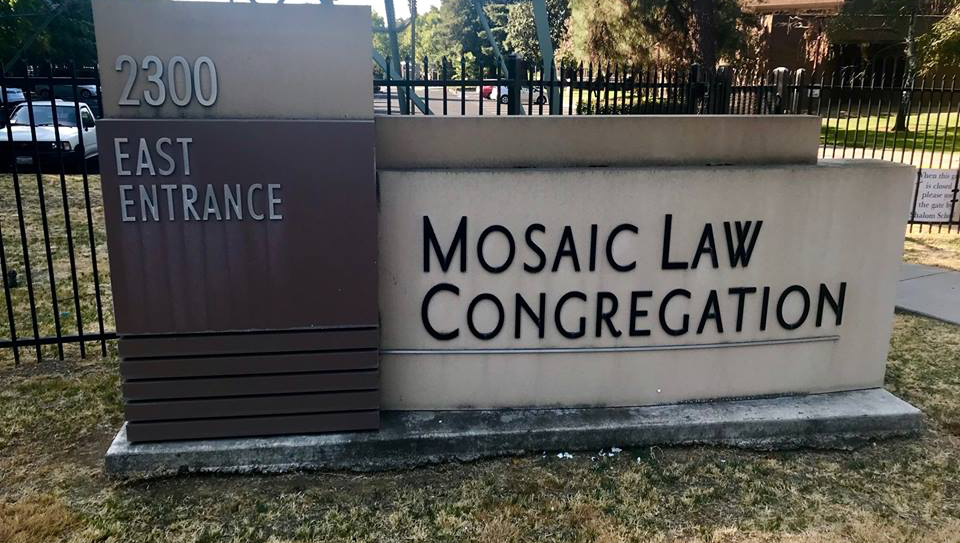

The Lord said, "And ye shall offer up unto me no more the shedding of blood yea, your sacrifices and your burnt offerings shall be done away, for I will accept none of your sacrifices and your burnt offerings" (3 Nephi 9:19). Some of the Mosaic laws were temporary and thus fulfilled through the atonement of Jesus Christ. Examples of these laws in Deuteronomy are plentiful: murder, manslaughter, abortion, stealing, witchcraft, idol worship, conduct of kings, military exemptions, speech laws such as blasphemy, cursing/reviling parents or reviling the king.

Much of Deuteronomy is dedicated to civil and criminal laws. Therefore, Moses restored the gospel and a government for his people. It should also be noted that Moses, in addition to restoring the children of Israel from their apostate spiritual condition, were forced to govern a nation of millions who would certainly have many conflicts while wandering for 40 years and living together in Israel for several thousand years. Thus, sexual misconduct would be a sin before God and the church, as well as a criminal or civil violation of the law. Mosaic laws combined the function of church and state. Modern revelation has reiterated all for the Ten Commandments. Thus, the Ten Commandment are part of the gospel's covenant for the children of Israel - both ancient and modern.
MOSAIC LAW CODE
From the beginning these have served as our code of conduct. They are set forth in the Decalogue written by the finger of the Lord on Mount Sinai. Recently, President Hinckley said, "Our standards are certain and unequivocal.

Some of the eternal laws that were in effect in the days of Moses and are still a part of the gospel today include the law of chastity, parents' responsibilities to teach their children, the treatment of widows and the poor, payment of tithes and offerings and the Ten Commandments. These commandments are usually considered more spiritual in nature since they deal with one's relationship to God and the treatment of others. These laws often pre-date Mosaic laws and were emphasized during Jesus Christ's ministry and are contained in modern revelation during the fullness of times. Therefore, with these distinctions in mind, this summary should act as a guide to analyze the Mosaic law in Deuteronomy as: (1) eternal laws, such as the Ten Commandments, parents teaching children, caring for the widows and the poor, and other such principles (2) criminal laws and civil laws, such as laws with penalties of death, imprisonment, bodily punishment, or laws with monetary penalty and (3) temporary laws fulfilled by the atonement of Christ including, for example, animal sacrifice, feasts and some washings.Įternal laws are commandments that have been in force in all gospel dispensations. Still other Mosaic laws, although spiritual in nature, were temporary and would be fulfilled, or ceased to be practiced, after the completed mission of Jesus Christ. Other Mosaic laws were criminal or civil and were applied by the government.

MOSAIC LAW FULL
Some Mosaic laws, such as the Ten Commandments (Exodus 20: 3-17 Deuteronomy 5: 7-21), are eternal in nature and are still in full force today. The Lord has further stated: "Not at any time have I given you a law which was temporal neither any man, nor the children of men." (Doctrine and Covenants 29:34.) Therefore, the gospel teacher has the responsibility of analyzing the spiritual purpose of each Mosaic law. The law of Moses as written in Deuteronomy combined Church and state as Moses was not only the instrument to restore the gospel, but also a government for the House of Israel. happiness of the children of Israel and for all of the generations which were to come after them" (October 1991 general conference Ensign, Nov. Hinckley declared that the Ten Commandments are for "salvation and.


 0 kommentar(er)
0 kommentar(er)
